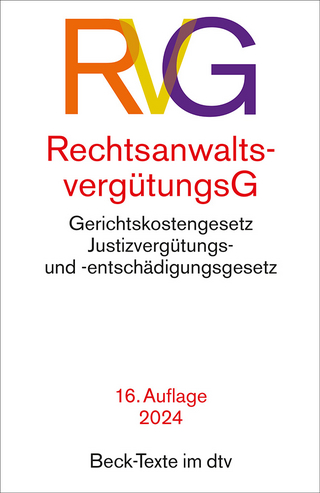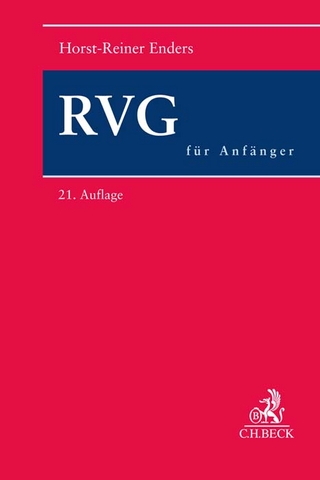
In the Absence of a Jury
Canterbury University Press (Verlag)
978-1-988503-34-9 (ISBN)
- Titel nicht im Sortiment
- Artikel merken
Calls for changes to the trial process in rape cases, including removing the jury as decision-maker, have been consistent over time and across jurisdictions. Victims and survivors of sexual violence, their supporters, law reformers, researchers and academics from many disciplines have advocated for the removal of the jury from rape trials for many years. Some claim it is indeed the panacea for all that is unacceptably brutal in the current trial process, with the jury being described as ‘the cause of most of the damage done’.
Anecdotal evidence, and some research, suggests that in judge-alone trials cross-examination is shorter, there is less reliance on the ‘real rape’ schema, and the issues at trial are more focussed. It is also likely that judge-alone trials involve fewer delays and pre-trial appeals, and that the hearings are not as disrupted (for example, by the need for legal argument in the absence of the jury). Research also indicates a difference in verdict choices between judges and juries in the specific context of cases involving allegations of sexual violence, with the behaviour of the complainant being seen as ‘contributory fault’. Further, the way counsel conducts their case may vary when the judge is the decision-maker, which may impact on trial outcome.
Due to the continued widely-held view that replacing the jury with ‘some other entity’ will have the effect of decreasing the negative impact on the complainant as a witness in the trial process (along with other desired effects such as reducing the decision-maker’s reliance on rape myths and misconceptions), it is important that empirical research is available to inform future public debate. This book records the results of such research.
Elisabeth McDonald MNZM is an independent legal researcher and Adjunct Professor of Law at the University of Canterbury. She has taught and published in the areas of sexual and family violence, law and sexuality, criminal law and the law of evidence for over 30 years, as an academic and as the Policy Manager for the evidence law reference at the New Zealand Law Commission. Elisabeth is the author of a number of evidence law textbooks and online legal resources, including ‘Rape Myths as Barriers to Fair Trial Process’ (2020), and is co-editor of From ‘”Real Rape” to Real Justice’ (2011) and ‘Feminist Judgments Aotearoa: Te Rino, the Two-Stranded Rope’ (2017).
FOREWORD
PREFACE AND ACKNOWLEDGEMENTS
AUTHOR AND RESEARCH TEAM
NOTE TO THE READER.
CHAPTER ONE: CHANGING THE DECISION-MAKER IN ADULT RAPE CASES: IMPLICATIONS FOR COMPLAINANT EXPERIENCE
CHAPTER TWO: METHODOLOGY
CHAPTER THREE: COMPLAINANT CARE AND SUPPORT IN JUDGE-ALONE TRIALS
CHAPTER FOUR: ADMISSIBILITY DECISIONS IN JUDGE-ALONE TRIALS
CHAPTER FIVE: QUESTIONING THE COMPLAINANT: CONSENT, CREDIBILITY AND CONTROL
CHAPTER SIX: COMPARING RELIANCE ON MISCONCEPTIONS IN CLOSING SUBMISSIONS
CHAPTER SEVEN: REASONS FOR VERDICT
CHAPTER EIGHT: CHANGING THE DECISION-MAKER IN ADULT RAPE CASES: CONCLUDING COMMENTS
| Erscheinungsdatum | 06.05.2022 |
|---|---|
| Verlagsort | Christchurch |
| Sprache | englisch |
| Maße | 210 x 297 mm |
| Themenwelt | Recht / Steuern ► EU / Internationales Recht |
| Recht / Steuern ► Privatrecht / Bürgerliches Recht ► Berufs-/Gebührenrecht | |
| Recht / Steuern ► Strafrecht ► Besonderes Strafrecht | |
| Sozialwissenschaften ► Soziologie ► Gender Studies | |
| ISBN-10 | 1-988503-34-5 / 1988503345 |
| ISBN-13 | 978-1-988503-34-9 / 9781988503349 |
| Zustand | Neuware |
| Haben Sie eine Frage zum Produkt? |
aus dem Bereich


